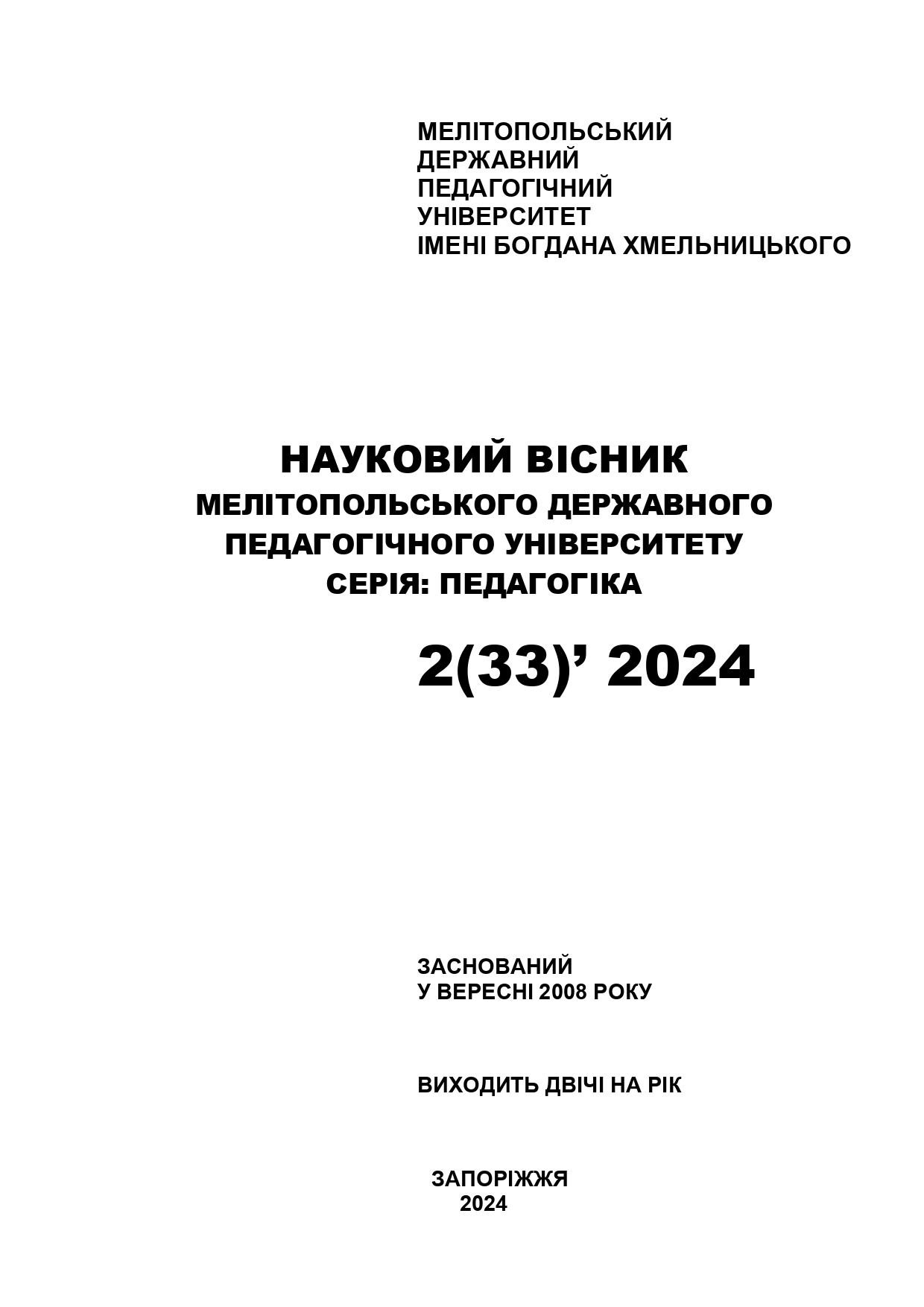Theoretical analysis of the problem of formation of information and digital competence of future IT technology specialists by means of project learning methods
Abstract
The article is devoted to the theoretical analysis of the problem of formation of information and digital competence of future specialists in IT technologies by means of project-based training methods. The purpose of the work is to investigate the effectiveness of project methods in the context of training IT specialists, as well as to identify key aspects that contribute to the development of the necessary technical and soft skills for successful professional activity. The research methodology includes the analysis of scientific publications and studies related to project-based learning methods and the formation of information and digital competence. Particular attention is paid to the latest approaches to the integration of project-based learning with modern technologies, the development of criteria for evaluating learning outcomes, and the preparation of teachers for the implementation of these methods. The obtained results demonstrate that project-based learning methods contribute to the development of not only technical skills, but also critical thinking, communication skills and the ability to work collectively. Studies confirm that students who learn by project methods show a higher level of motivation and involvement in the learning process. In addition, the integration of project-based learning with the latest technologies, such as virtual reality and artificial intelligence, allows the creation of more interactive and realistic learning environments. Project-based learning methods effectively contribute to the formation of information and digital competence of future IT specialists, developing both technical knowledge and soft skills of students. Integrating project-based learning into higher education is essential for training competitive IT professionals. The implementation of interdisciplinary projects and the use of the latest technologies increase the quality of education and training of students. Recommendations for further research include: developing criteria for evaluating project activities, training teachers, studying the long-term outcomes of project-based learning, and creating interdisciplinary projects to prepare professionals capable of working in complex and dynamic professional environments.




